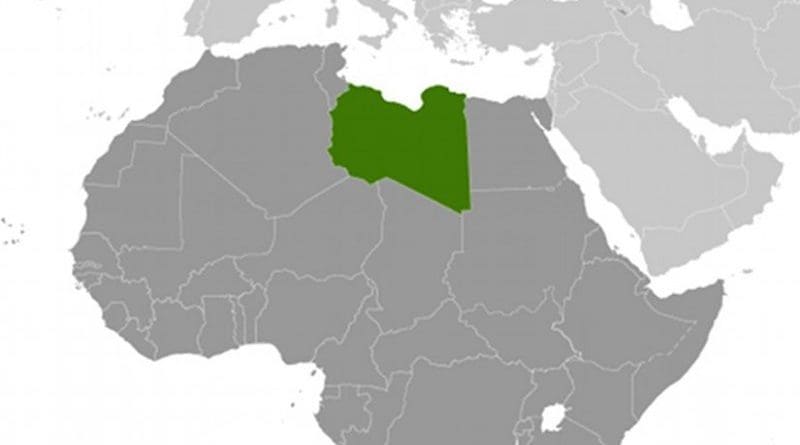Gangsters For Capitalism: Moving In On Libya – OpEd
Looking back on it, I feel that I could have given Al Capone a few hints – Major General Smedley Butler, USMC, 1933
Market liberalisation is the new message of the punch-drunk victors in Libya (if, indeed, victory has been attained). Gaddafi is dead, the Islamic socialist who managed to combine a worship of Allah with socialism and spiritual eccentricity. But the force of the market, the call for ‘openness’, may make Libya the next open ground for the energy scramblers, the reconstruction junkies and profiteers. There is no such thing as naked altruism in international relations, and every bang deserves a buck.
The contract surge is already taking place. The British Defence Secretary Philip Hammond has made no secret about Libya being ‘a relatively wealthy country with oil reserves’ that will provide ‘opportunities for British and other companies to get involved.’ He has urged British firms to take the lead on securing contracts for its reconstruction, issuing an urgent call for executives to pack their suitcases and make a dash for Tripoli. Trade Minister Lord Green has busied himself with British businesses to discuss investment in Libya.
The cost of Britain’s involvement in the bombing is not clear. Open endorsements of freedom do not imply open access to government books. The Guardian suggests a range between £600 million and £1.25 billion. A crude regime of austerity at home has allowed for excesses abroad. Cameron’s service slashing government will, however, be seeking to recoup some of the expenses through readying the ground for Britain’s corporate sector.
Libya’s National Transitional Council has promised favours to those who backed their cause. Abdeljalil Mayouf, spokesman for the Libyan rebel oil company Agoco, was open to the advances of Italian, French and British companies. ‘But we may have political issues with Russia, China and Brazil’ (Reuters, Aug 22). They, after all, were not flying the planes against Gaddafi.
A note of caution has, however, been struck. The NTC’s British representative Guma al-Gamaty has been one of the first to say that, ‘It’s not a guaranteed market. Contracts will be awarded not on the basis of political favouritism, but on merit, quality and competitiveness’ (Digital Journal, Oct 24). A truly meritorious neo-liberal perspective, and not necessarily one the NTC’s backers will want to hear. In the end though, it is difficult to see how NATO’s members would not get privileged access.
France and Italy are also eyeing contracts with a vulture-like enthusiasm. Italian Foreign Minister Franco Frattini was already boasting in August that the Italian oil company Eni ‘will have a No.1 role in the future’ of Libya (NYT, Aug 22). Shares gained 7 percent once its chairman Giuseppe Recchi claimed that Libyan oil and gas flows could recommence before winter. What happens with existing contracts hammered out under the Gaddafi regime will remain at the discretion of the NTC, who will be no doubt dealing with approaches from Frances’ Total, Repsol YPF of Spain and OMV of Austria (NYT, Aug 22). The gangsters of capitalism are moving in.
US Major General Smedley Butler was candid when it came to the role war played, and his self-described position as representative thug for capital. ‘War is a racket’, he explained in a speech in 1933. Unless done in the name of home defense or the Bill of Rights. As a top ranking Marine, ‘I spent most of my time being a high class muscle-man for Big Business, for Wall Street and for the Bankers. In short, I was a racketeer, a gangster for capitalism.’ Exploits included securing Tampico for American oil interests in 1914, and ‘the raping of half a dozen Central American republics for the benefits of Wall Street.’ Wars, even those packaged as humanitarian ones, can prove immensely lucrative – for the few.

